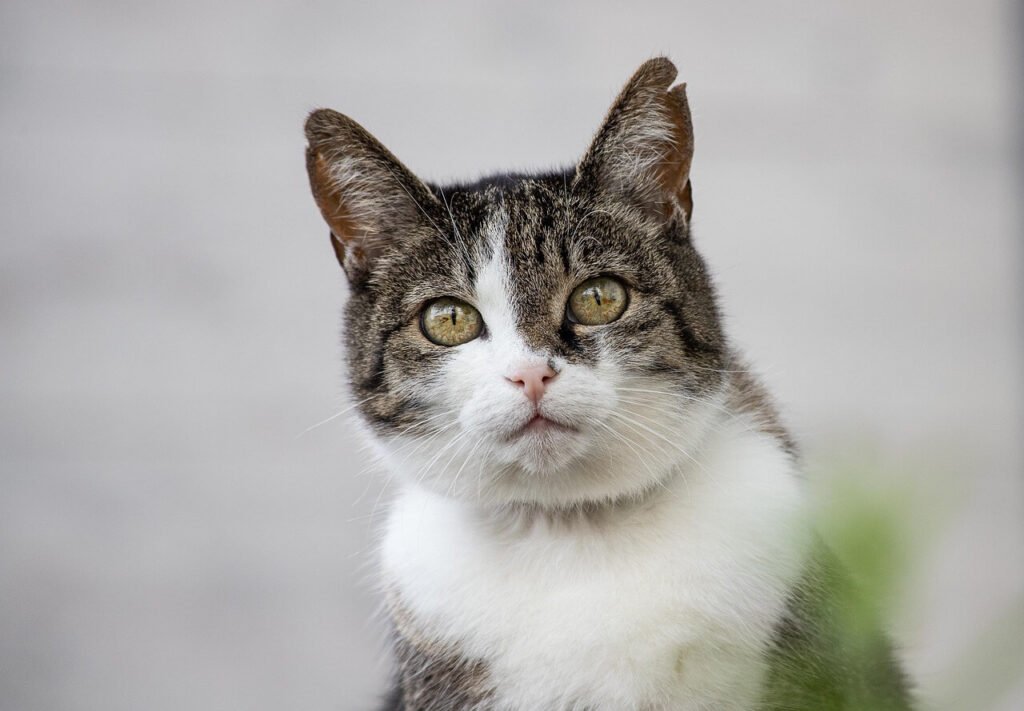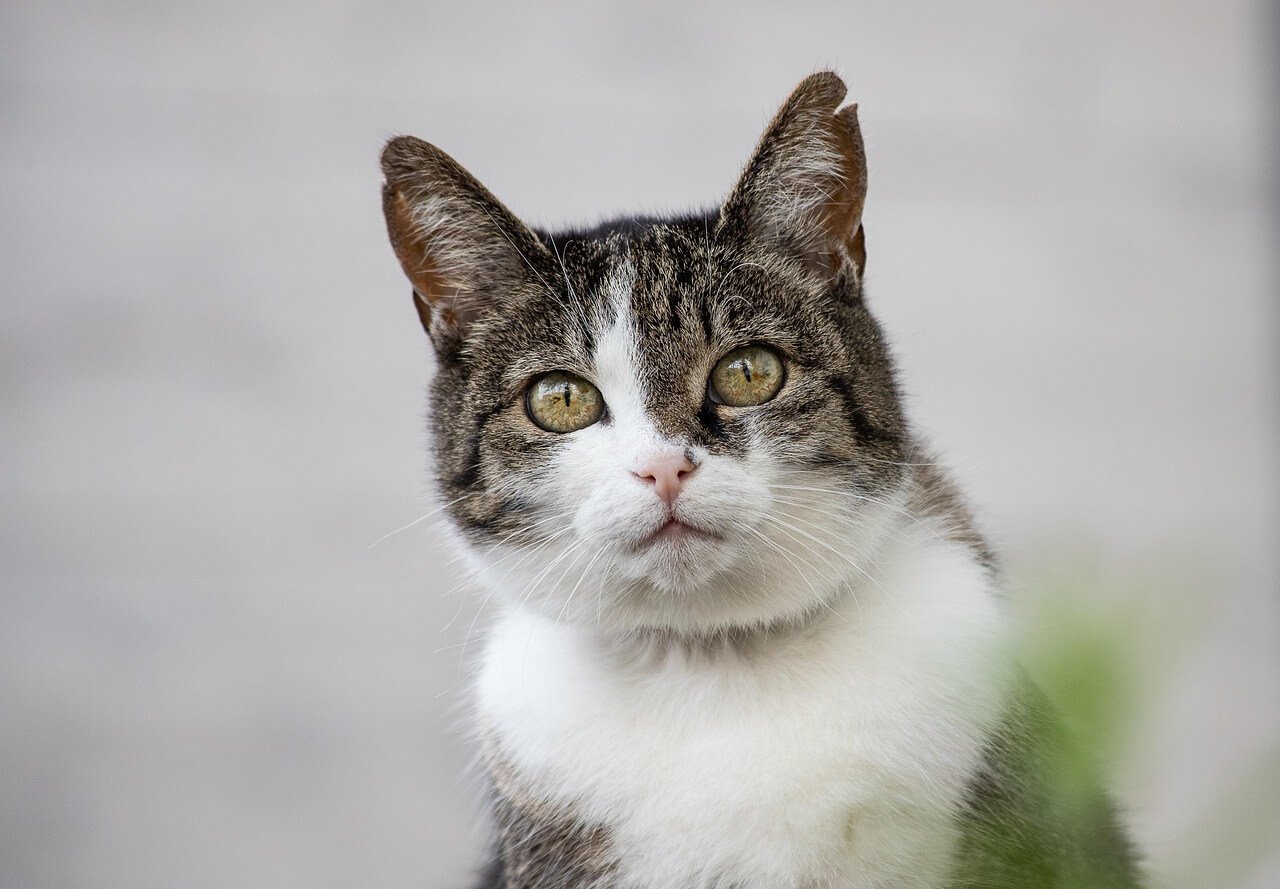Why Is My Cat Hiding Under the Bed? Understanding Feline Behavior
Cats are known for their quirky and sometimes mysterious behaviors, but when your feline friend starts spending an unusual amount of time hiding under the bed, it can leave you feeling concerned. While cats often retreat to small, enclosed spaces for comfort or safety, prolonged hiding may indicate something more significant. Whether it’s stress, illness, or simply a need for solitude, understanding why your cat is hiding under the bed is key to ensuring their well-being. In this article, we’ll explore the reasons behind this behavior, how to address it, and when to seek professional help.
Decoding Your Cat’s Retreat: Why Do They Choose Hidden Spaces?
Cats are natural-born hunters and prey animals, which means they have a strong instinct to seek out safe, sheltered spots. Hiding under the bed is one of the most common ways cats express their need for security. Here are some potential reasons why your cat might be doing so:
Feeling Overwhelmed or Stressed :
Changes in routine, new people, or loud noises can make cats feel anxious and lead them to hide.Illness or Pain :
Cats often withdraw when they’re not feeling well, as hiding is a way to protect themselves while they recover.Fear of New Environments :
Moving to a new home or rearranging furniture can make your cat feel unsettled and prompt them to seek refuge.Overstimulation from Play or Interaction :
Too much attention or energetic play can overwhelm sensitive cats, causing them to retreat.Instinctual Behavior :
Cats naturally gravitate toward enclosed spaces where they feel safe from perceived threats.
While occasional hiding is normal, persistent or sudden changes in behavior warrant closer observation. If your cat seems unusually withdrawn, it’s important to investigate further.
Red Flags: When Hiding Indicates a Deeper Issue
If your cat is hiding under the bed more frequently than usual, it could be a sign of stress or an underlying health problem. Being aware of these signs can help you determine whether your cat needs additional support or veterinary care.
Changes in Appetite :
A sudden refusal to eat or drink can signal illness or discomfort.Lethargy or Lack of Energy :
If your cat seems unusually tired or uninterested in activities, it could indicate a problem.Excessive Grooming or Bald Patches :
Stress or skin conditions may cause your cat to over-groom, leading to hair loss.Aggression or Withdrawal :
Cats in pain or distress may become more irritable or avoid interaction altogether.Vocalization Changes :
Increased meowing, growling, or complete silence can all point to emotional or physical issues.
Recognizing these symptoms early can make a significant difference in your cat’s health and happiness. Always trust your instincts—if something feels off, consult a veterinarian.
Check this guide 👉Why Do Cats Put Their Ears Back? Best 7 Expert Tips!
Check this guide 👉Why Is My Cat Peeing on My Bed? Best 7 Expert Tips!
Check this guide 👉Why Do Cats Make Air Biscuits? Best 7 Tips!

Possible Causes of Hiding | Ways to Help Your Cat Feel Safe |
|---|---|
Stress due to environmental changes | Maintain routines and provide familiar items like blankets or toys. |
Illness or injury | Schedule a vet visit to rule out medical concerns. |
Fear of loud noises or strangers | Create a quiet, secluded space for your cat. |
Overstimulation from play or handling | Limit interactions and give your cat breaks when needed. |
Instinctual need for sheltered spaces | Offer cozy hiding spots like cat caves or boxes. |
Gentle Strategies to Lure Your Cat Out of Hiding
When your cat is hiding under the bed, forcing them out can do more harm than good. Instead, use gentle encouragement to coax them into feeling comfortable again. Here are some effective techniques:
Use Treats or Favorite Foods :
Place tempting snacks near the bed to entice your cat to venture out.Engage with Toys :
Dangle interactive toys close by to spark curiosity without overwhelming them.Talk in a Calm Voice :
Speak softly to reassure your cat that everything is okay.Provide a Cozy Alternative :
Set up an inviting hideout, like a cat cave or covered bed, nearby.Respect Their Space :
Give your cat time to adjust; avoid pulling them out forcefully.
Patience is key when dealing with a hiding cat. By creating a positive association with leaving their hiding spot, you can gradually restore their confidence.
Proactive Steps to Keep Your Cat Feeling Secure
Preventing excessive hiding involves addressing potential triggers before they escalate. Taking proactive measures ensures your cat feels safe and content in their environment.
Maintain Consistent Routines :
Stick to regular feeding, play, and bedtime schedules to reduce anxiety.Introduce Changes Gradually :
When making adjustments to your home or routine, do so slowly to minimize stress.Create Safe Zones :
Designate areas in your home where your cat can retreat if they feel overwhelmed.Minimize Loud Noises :
Use white noise machines or close windows during noisy events to protect your cat’s peace.Monitor Health Regularly :
Schedule routine vet check-ups to catch any issues early.
By implementing these strategies, you can foster a harmonious living space that meets your cat’s needs and reduces the likelihood of hiding.
How Individual Traits Influence Hiding Behavior
Every cat has a unique personality, and this plays a significant role in how often or why they might hide under the bed. Some cats are naturally more timid, while others are outgoing and bold. Recognizing your cat’s individual traits can help you better understand their hiding habits.
Shy or Introverted Cats :
These cats are more prone to hiding as a way to cope with stress or unfamiliar situations.Social or Confident Cats :
While less likely to hide, even confident cats may retreat during particularly stressful events.Older Cats :
Senior cats may hide more frequently due to age-related health issues or reduced mobility.Kittens :
Young cats often hide as they explore and adjust to new environments.Previously Stray Cats :
Cats with a history of living outdoors may be more inclined to seek sheltered spaces.
By understanding your cat’s personality, you can tailor your approach to make them feel more secure. Every cat is different, so patience and observation are key to addressing their specific needs.
How Your Home Environment Affects Your Cat’s Behavior
The environment your cat lives in can significantly influence their tendency to hide. Even subtle changes can disrupt their sense of security and lead to hiding under the bed. Identifying potential environmental triggers can help you create a calmer space for your feline friend.
Loud Noises :
Vacuum cleaners, construction sounds, or thunderstorms can startle sensitive cats.New Pets or People :
The introduction of unfamiliar animals or guests can cause anxiety and hiding.Furniture Rearrangements :
Moving furniture or redecorating can make your cat feel disoriented.Scent Changes :
New cleaning products or air fresheners may overwhelm your cat’s sensitive nose.Outdoor Threats :
Seeing stray animals or hearing outdoor noises through windows can trigger defensive hiding.
Minimizing these environmental stressors can go a long way in reducing your cat’s urge to hide. A stable and predictable environment helps your cat feel safe and content.
Building Trust to Help Your Cat Feel More Secure
A strong bond between you and your cat can significantly reduce their need to hide. When cats feel loved and secure, they’re less likely to retreat to hidden spaces. Here are some ways to strengthen your connection and encourage your cat to feel more comfortable.
Spend Quality Time Together :
Engage in gentle play or grooming sessions to build trust and affection.Respect Their Boundaries :
Allow your cat to approach you on their terms rather than forcing interaction.Reward Positive Behavior :
Use treats or praise to reinforce calm and confident behavior outside their hiding spot.Provide Vertical Spaces :
Cat trees or shelves give your cat a sense of control over their surroundings.Use Calming Tools :
Products like pheromone diffusers can create a soothing atmosphere.
When your cat feels secure in your presence, they’re more likely to emerge from hiding and engage with their environment. Building trust takes time, but the effort will pay off in a happier, healthier relationship.
Frequently Asked Questions About Cats Hiding Under the Bed
Is it normal for my cat to hide under the bed?
Yes, occasional hiding is normal, but frequent or prolonged hiding may indicate stress or illness.
Should I force my cat to come out from under the bed?
No, forcing your cat can increase their anxiety; instead, gently encourage them to emerge.
Can hiding be a sign of loneliness?
It’s possible; cats may hide if they feel neglected or lack stimulation.
How long should I wait before seeking veterinary advice?
If hiding persists for more than a day or is accompanied by other symptoms, contact your vet promptly.
Will adding another cat help my cat feel less stressed?
Not necessarily; introducing a new pet can sometimes increase stress rather than alleviate it.
Final Thoughts: Supporting Your Cat Through Hiding Episodes
Understanding why your cat is hiding under the bed is the first step toward helping them feel secure and happy. Whether it’s stress, illness, or simply their instinct to seek shelter, every cat has unique needs that require patience and care. By observing their behavior, providing a safe environment, and seeking professional guidance when needed, you can ensure your feline companion thrives. Remember, your love and attention mean the world to your cat—so take the time to nurture their trust and well-being. With your support, even the most timid kitties can find their courage and enjoy life to the fullest.
Understanding Cryptosporidium in Cats: Best 7 Expert Tips! – Spot symptoms, treat safely, and stop parasite spread in your home.
Understanding Cryptosporidium in Dogs: Best 7 Expert Tips! – Learn symptoms, treatment & prevention for this stubborn gut parasite.
Understanding Syringomyelia in Cats: Best 7 Expert Tips! – Recognize signs, manage pain, and support your cat’s neurological health with vet-backed guidance.
Understanding Syringomyelia in Dogs: Best 7 Expert Tips! – Expert insights on symptoms, MRI diagnosis, pain management & quality of life.





